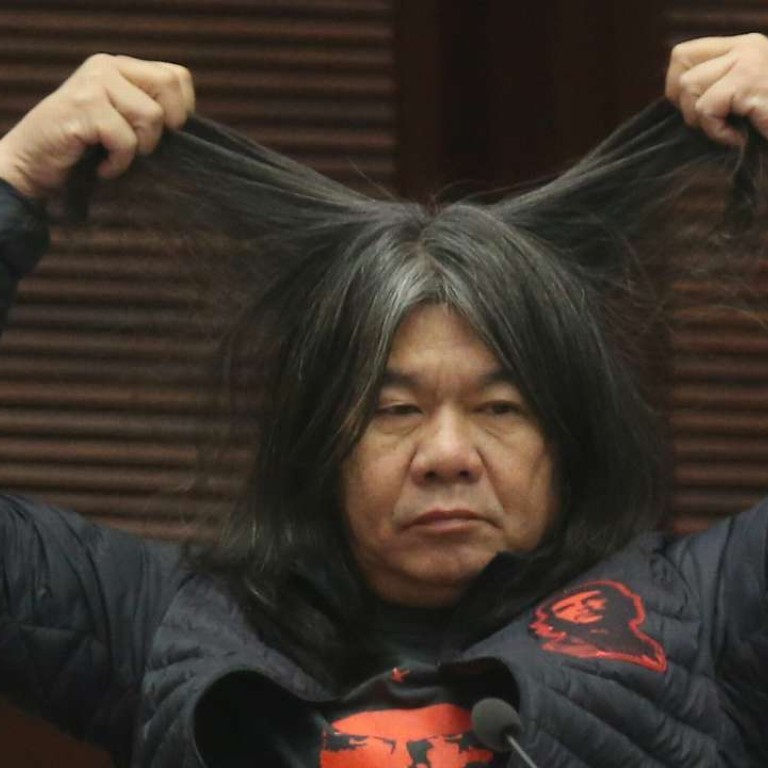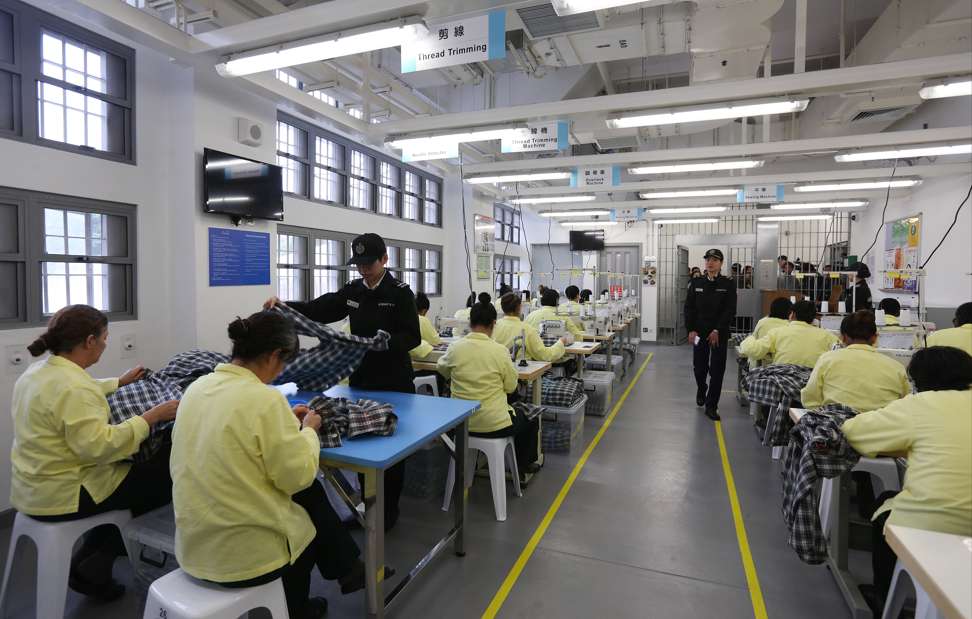
Hong Kong prison authorities to challenge court ruling on hair cuts for men
Authorities are thought to have argued that judge erred in concluding that differential treatment was based on ground of sex instead of prison discipline
In reply to a Post inquiry, the Correctional Services Department said it had scrutinised the Court of First Instance judgment on Leung’s case.
“After consultation, the Department of Justice filed an appeal against the court ruling,” a Correctional Services Department spokesman said.
It declined to say what grounds it would use in its challenge, nor whether it would put in place any measures to comply with the court order before its appeal is heard.

But the judge said orders made following his ruling would only take effect on June 1, allowing the department enough time to consider whether the department should make internal arrangements in light of the judgment.
It is understood that the department is seeking to set aside Au’s orders in its appeal application filed on Tuesday.
The authorities are thought to have argued that the judge erred in concluding that the differential treatment was based on the ground of sex instead of the maintenance of prison security and discipline.
The department may also contest Au’s findings that male prisoners were subject to less favourable treatment.
It may argue that any discriminatory treatment was justified and authorised by law for the preservation of custodial discipline.
The idea, aimed at drawing an equal line between female and male inmates, is understood to have drawn a strong reaction from the 1,800 women prisoners.
Last week, prison chiefs said no decision had yet been made.


